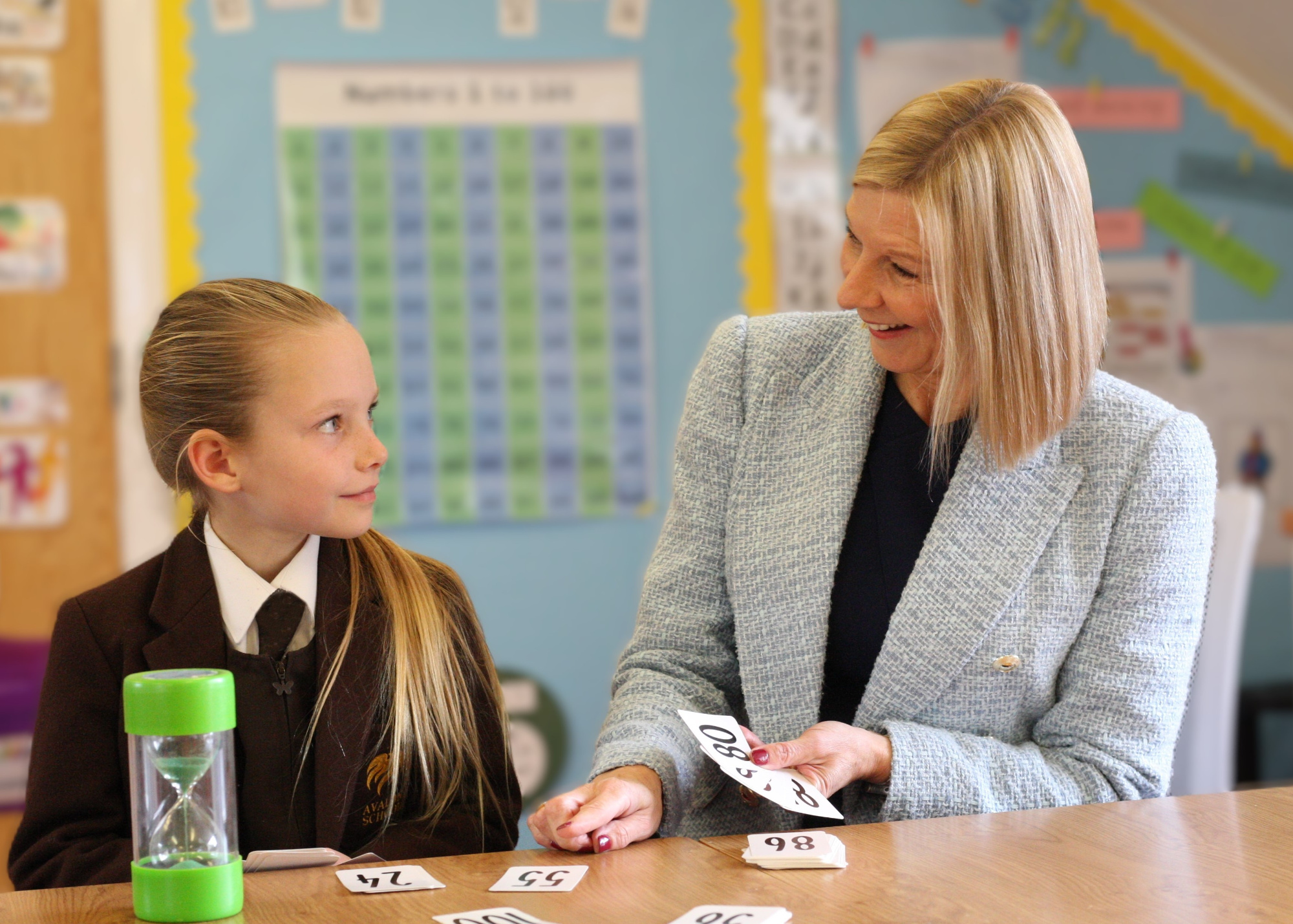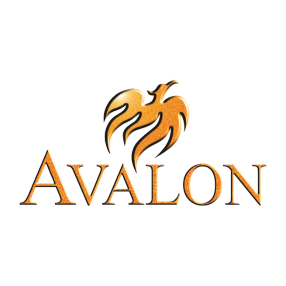About Us
A very warm welcome to the Avalon School and Nursery.
We like to think of our school as a friendly and happy place, buzzing with activity and positive energy! The atmosphere here is very supportive and purposeful, and this is what facilitates our pupils’ achievements and successes in so many aspects of their school life—academic study, sport, drama and music. Class sizes are small ensuring individual attention and child-centred targets for development.
We acknowledge in our approach, that individuals have different strengths. We provide a wide range of opportunities for our pupils to make the most of their particular talents both within the curriculum and in the many exciting activities which take place outside the classroom.
We are proud to be a school which has a strong sense of tradition whilst also seeking innovation. Underpinning everything that we do is a set of simple but far-reaching values: an understanding and respect for others, a sense of responsibility, the importance of self-belief, and a willingness to support each other.
 Mrs Callaway
Mrs Callaway
Headteacher
Email: jcallaway@avalon-school.co.uk
We always enjoy showing people around our school because only by spending time with us, can visitors fully appreciate the very special atmosphere that is Avalon. Please do not hesitate to contact the school office to arrange a personal tour - we look forward to giving you a warm Avalon welcome!
